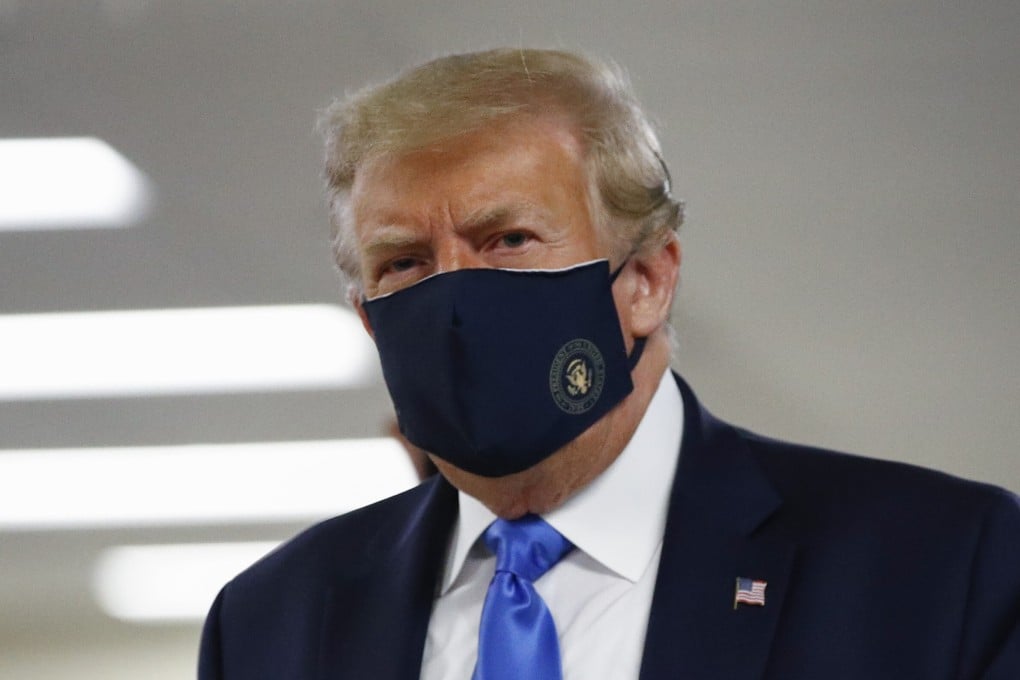Opinion | America’s polarisation over face masks a symptom of deeper culture war
- The pandemic and the protests of recent months should serve as a reminder of a simple truth: a mask is just a mask. What matters for democracy is not whether people cover their faces in public, but which people do so and why

What went wrong? Part of the answer is certain states reopened too soon. California, an early success story, experienced a 90 per cent increase in cases in recent weeks and has reimposed some lockdown measures. Florida’s daily count of new cases – around 5,000 in the last week of June – had more than doubled a month later.
America’s polarisation over face masks began at the top. Since the onset of the pandemic, US President Donald Trump has steadfastly refused to wear one in public, mocking a reporter who refused to remove his as being “politically correct”. Many Republican officials, including state governors such as Florida’s Ron DeSantis, followed Trump’s lead.

02:00
In first Covid-19 presser in months, Trump shifts tone and reverses stance on masks
By contrast, Joe Biden, the presumptive Democratic nominee, appears regularly in public with a mask and adheres to social distancing guidelines. Biden has said that if he were in Trump’s place, he would “do everything possible to make it required that people had to wear masks in public.”
